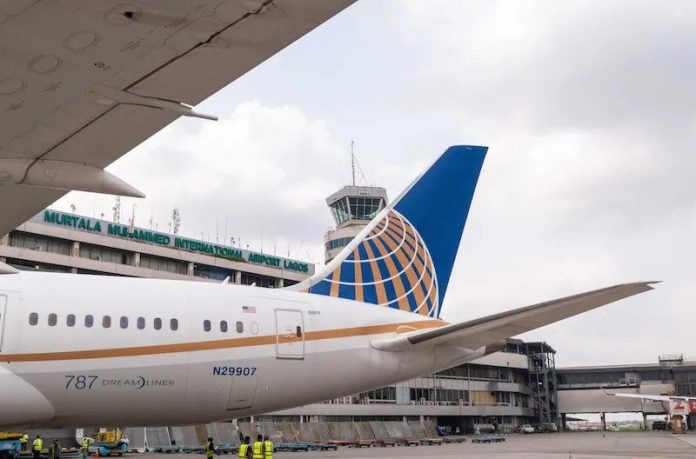The Central Bank of Nigeria’s (CBN) capital restriction mechanism is making it harder and harder for international airlines to get their money back. IATA, the international air transport association, reports that the total amount of frozen cash has increased to $812.2 million.
IATA reports that from $1.55 billion in April 2022 to $2.27 billion in April 2023, blocked funds increased by 47% worldwide. Airlines have warned to avoid using Nigerian airspace.
The increase in blocked cash suggests that airlines are having trouble remitting their profits from specific regions, which makes it difficult to maintain the vital connectedness that fosters global economic growth and job creation. IATA’s Director-General, Willie Walsh, emphasized the importance of resolving this issue.
“Airlines cannot continue to offer services in markets where they are unable to repatriate the revenues arising from their commercial activities in those markets,” Walsh said.
“Governments need to work with industry to resolve this situation so airlines can continue to provide the connectivity that is vital to driving economic activity and job creation.”
According to current estimates by IATA, an alarming 68.0% of all banned money are accounted for by five nations, including Nigeria. Nigeria ($812.2 million), Bangladesh ($214.1 million), Algeria ($196.3 million), Pakistan ($188.2 million), and Lebanon ($141.2 million) are the four nations in question.
IATA has asked governments to abide by treaty responsibilities and international agreements that permit airlines to repatriate money made from ticket sales, the leasing of cargo space, and other operations in response to this circumstance.
The stability and future of the aviation sector may be further jeopardized by noncompliance.
“IATA urged governments to abide by international agreements and treaty obligations to enable airlines to repatriate these funds arising from the sale of tickets, cargo space, and other activities,” Walsh restated.













